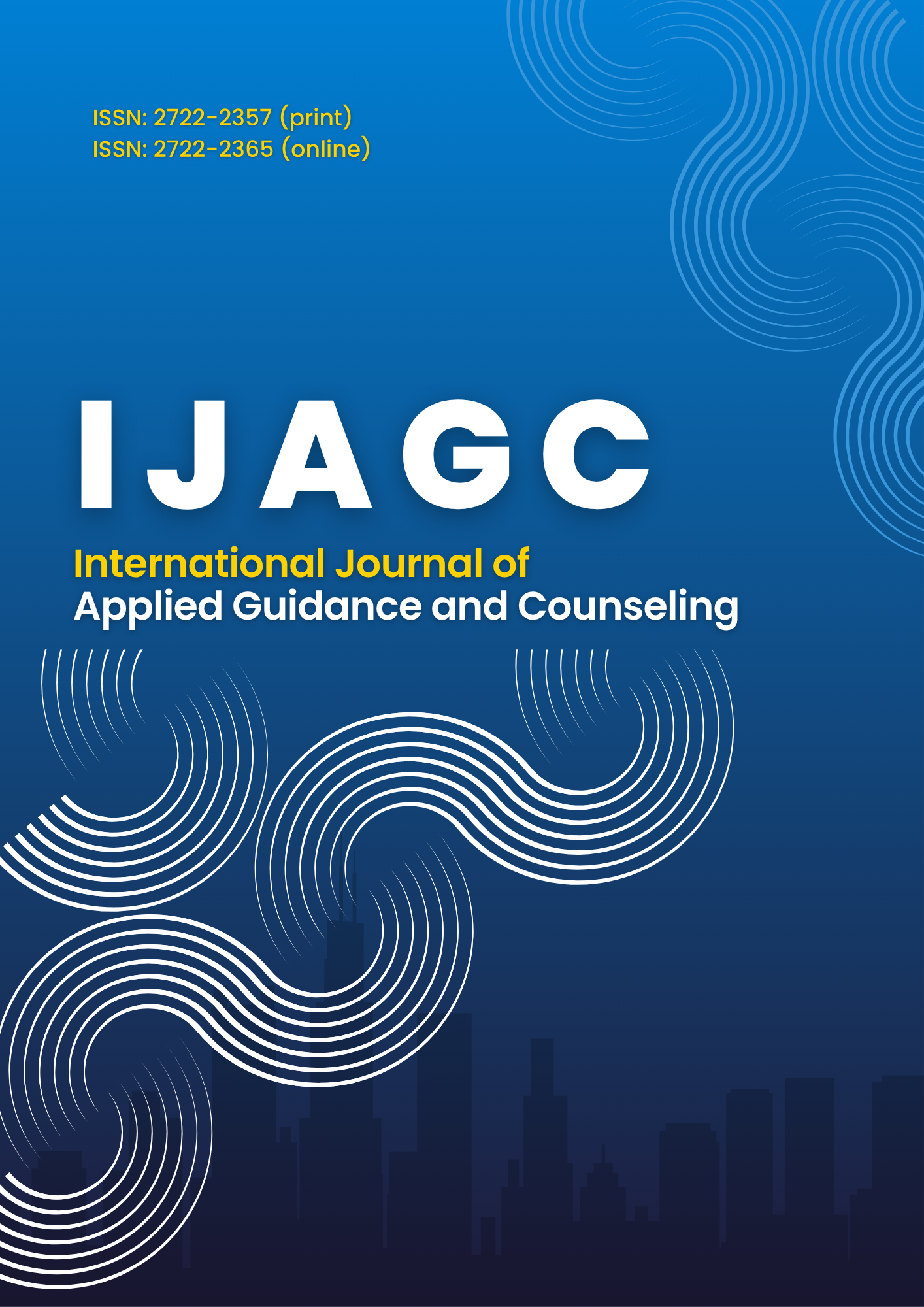Unraveling the Complexity of the Gluten-Free Sugar-Free Diet: An Analysis of Parental Struggles in Providing Nutrition for Children with Special Needs
DOI:
https://doi.org/10.26486/ijagc.v5i2.4015Abstract
This study aims to explore the level of parental knowledge regarding the Gluten-Free Sugar-Free (GFSF) diet and to identify the various challenges they face in its implementation for children with special needs. Using a quantitative survey approach, data were collected from 48 participating parents. Results showed that 50% of respondents had a high level of knowledge about the GFSF diet, 37.5% had moderate knowledge, and 12.5% had basic knowledge. No respondents had low knowledge. However, all respondents (100%) reported experiencing significant challenges in implementing the GFSF diet, including difficulties in accessing food ingredients, costs, and lack of practical knowledge. These findings indicate the need for more targeted interventions to support parents in overcoming these challenges, including improving the accessibility and affordability of GFSF products and providing educational programs tailored to their specific needs. This study provides important insights for developing effective strategies to support the health and well-being of children with special needs through the GFSF diet.
Downloads
Published
Issue
Section
License
Copyright (c) 2024 Khairul Bariyyah, Siti Muniroh, Sri Andreani, Thomas Soseco

This work is licensed under a Creative Commons Attribution-ShareAlike 4.0 International License.
Authors who publish with IJAGC: International Journal of Applied Guidance and Counseling agree to the following terms:
Authors retain copyright and grant the Insight right of first publication with the work simultaneously licensed under a Creative Commons Attribution License (CC BY-SA 4.0) that allows others to share (copy and redistribute the material in any medium or format) and adapt (remix, transform, and build upon the material) the work for any purpose, even commercially with an acknowledgement of the work's authorship and initial publication in Insight. Authors are able to enter into separate, additional contractual arrangements for the non-exclusive distribution of the journal's published version of the work (e.g., post it to an institutional repository or publish it in a book), with an acknowledgement of its initial publication in Insight.
Authors are permitted and encouraged to post their work online (e.g., in institutional repositories or on their website) prior to and during the submission process, as it can lead to productive exchanges, as well as earlier and greater citation of published work (See The Effect of Open Access).












